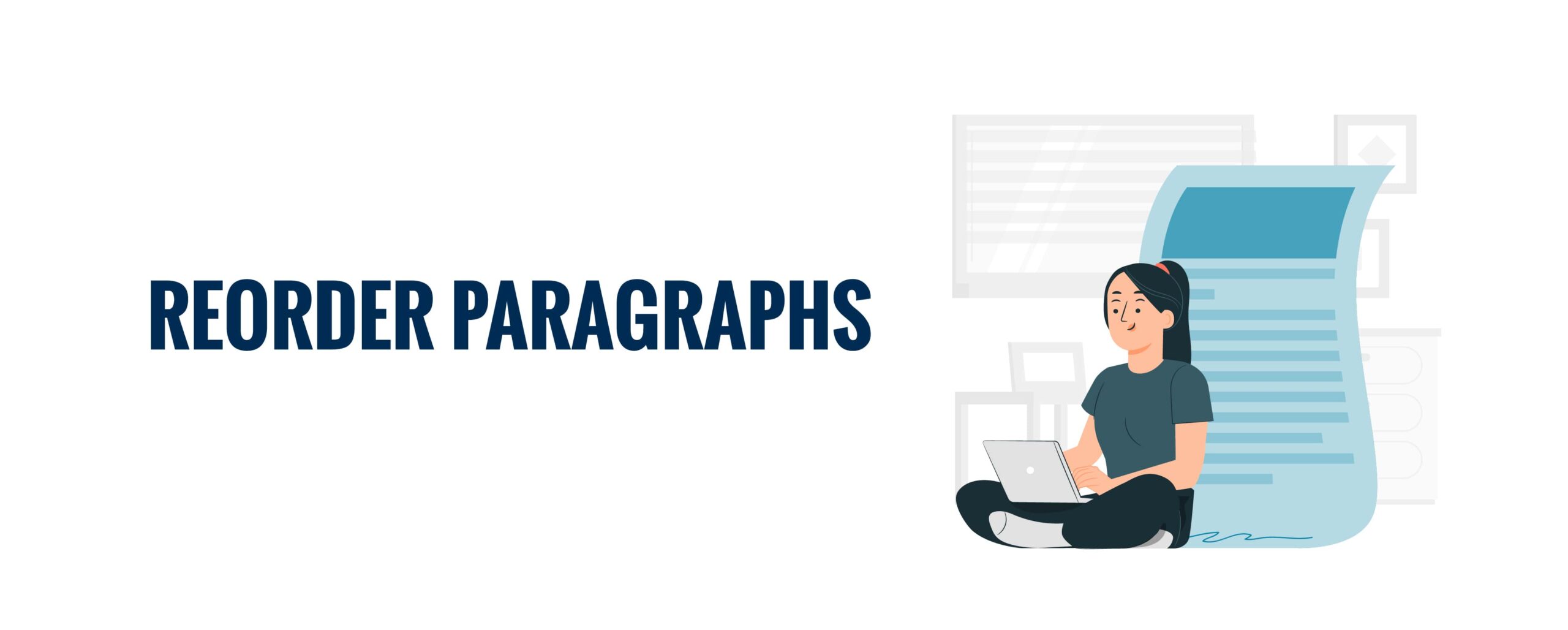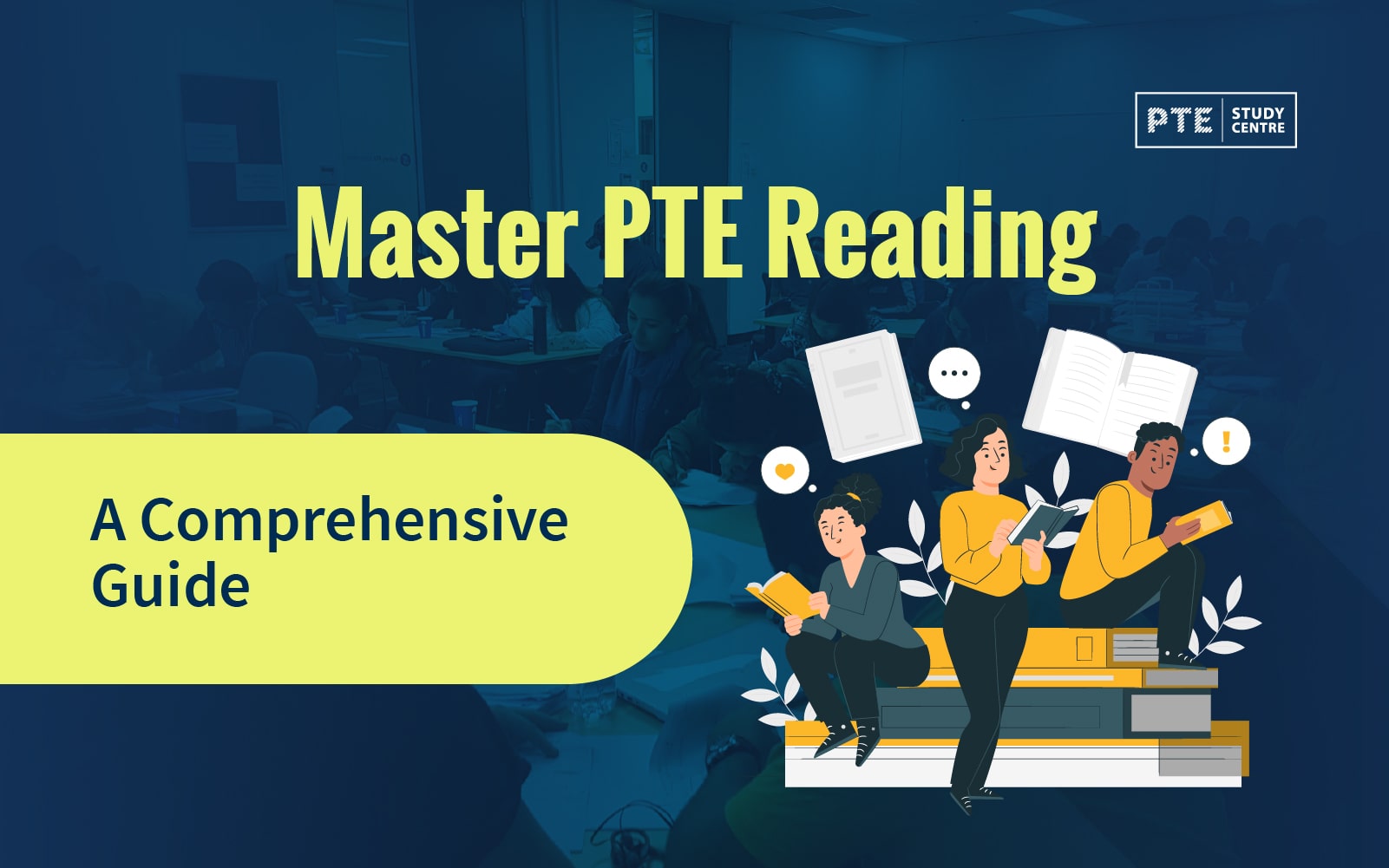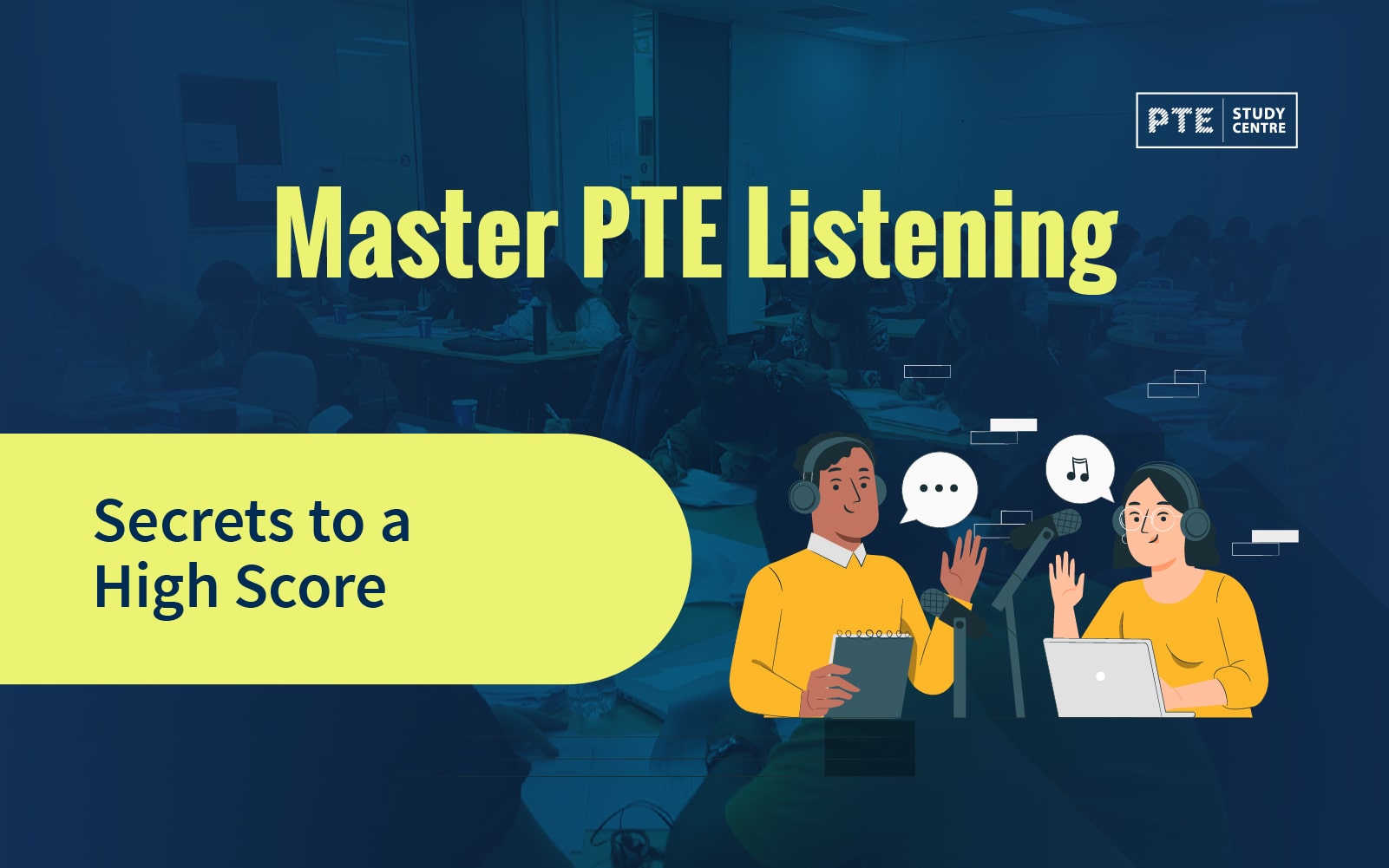The reading section evaluates your ability to understand complex written texts, identify grammatical patterns, and make sense of contextual meanings. To perform well, you need a mix of strong reading skills, consistent practice, and time management. Here are some actionable tips to help you excel in this section:
- Maintain a Steady Pace: Neither rush through the text nor speak too slowly. Find a natural pace that is easy for you.
- Skip Mistakes, Don’t Correct: If you miss a word, avoid going back to fix it. Since the system prioritizes fluency, this will reduce your score.
- Avoid Pauses and Fumbling: Speak confidently and avoid unnecessary pauses. If you do fumble, move on instead of trying to fix it.
- Neutral Tone: Avoid exaggerated intonations or dramatic fluctuations in your voice. Keep your tone even and clear. Remember, you’re not performing a song!

- Low Priority Task: This section carries fewer marks compared to others, so don’t stress too much if you struggle. However, it’s best not to skip it entirely.
- Find Connections: Focus on finding links between sentences. Look for cause-and-effect relationships or key phrases that tie ideas together.
- Focus on Collocations: Around 40% of the blanks are based on collocations. For example, “carry out” instead of “carry in.” Familiarize yourself with these through daily reading.
- Grammar Rules: Focus on two most significant grammar areas that make or break your performance in this section: articles and subject-verb agreement.
- Don’t Guess in Doubt: If you’re unsure whether a word is incorrect, it’s better to skip. However, this section carries 12-15 marks, so give it your best effort.
- Improve Reading Fluency: Reading on a regular basis will improve your ability to identify incorrect words quickly and accurately.
Additional Tips
- Master Time Management: Time yourself for each task during practice sessions. This will eventually help you think and respond quickly during the actual test.
- Build a Reading Habit: The more you read, the better your comprehension, grammar, and vocabulary will be. Based on your preference, you can read short-length novels, articles, or newspapers.







